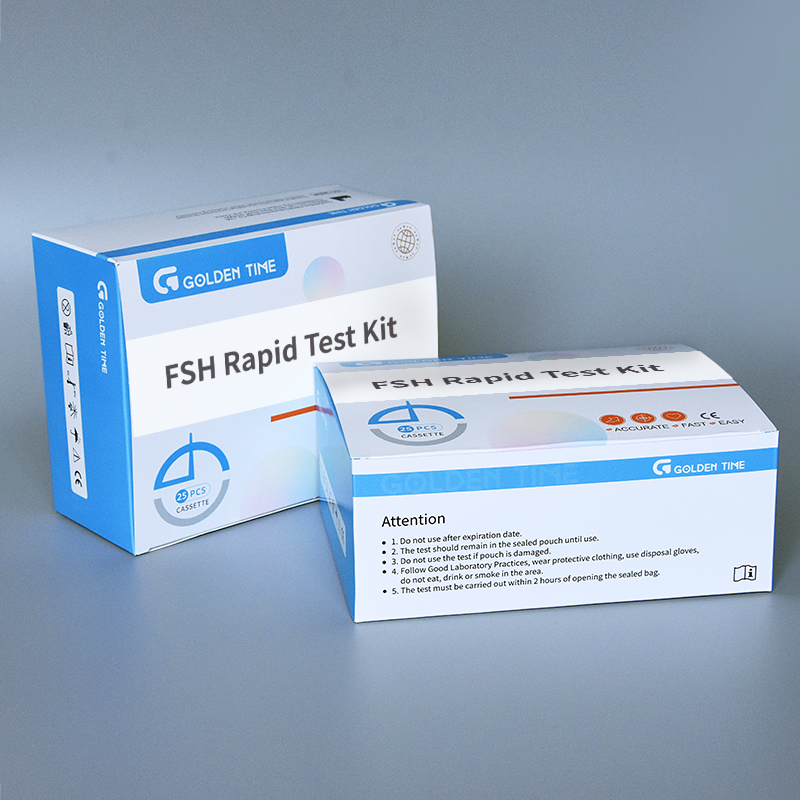Sep . 07, 2024 04:42 Back to list
Wholesale Fish Test Kit - Quality Water Testing Solutions
The Importance of Wholesale Fish Test Kits in Aquaculture
As the aquaculture industry continues to grow, ensuring the health and sustainability of fish stocks has become paramount. One vital tool that supports this effort is the wholesale fish test kit. These kits provide aquaculturists with essential data to monitor water quality, detect diseases, and maintain optimal conditions for fish growth. By understanding their significance, we can appreciate their role in promoting healthier fish populations and sustainable practices.
The Importance of Wholesale Fish Test Kits in Aquaculture
One of the major advantages of purchasing these kits wholesale is cost-effectiveness. Aquaculture operations often require multiple testing kits to cover various factors, and buying in bulk allows for substantial savings. This affordability ensures that even smaller fish farms can access high-quality testing equipment, leveling the playing field and encouraging better practices across the industry.
wholesale fsh test kit

Moreover, wholesale fish test kits empower fish farmers to make informed decisions based on real-time data. For example, if a sudden spike in nitrate levels is detected, farmers can take immediate action, such as increasing water circulation or adding specific chemicals to mitigate the issue. Such proactive measures can save entire stocks from potential die-offs, ensuring both economic stability and ecological responsibility.
These test kits are not only beneficial for freshwater aquaculture but are equally vital for marine environments. With the increasing emphasis on sustainable practices, having reliable testing methods in place helps prevent overfishing and allows for better management of fish populations. This focus on sustainability aligns with global efforts to preserve aquatic ecosystems and biodiversity.
In conclusion, wholesale fish test kits play a crucial role in the aquaculture industry. They provide essential data that help farmers maintain healthy environments for their fish, ensuring both productivity and sustainability. By investing in these affordable and effective testing solutions, aquaculturists can contribute to the long-term viability of fish farming while promoting responsible stewardship of aquatic resources.
-
Dengue NS1 Rapid Diagnostic Test Kit
NewsMar.07,2025
-
Dengue NS1 Rapid Diagnostic Test Kit
NewsMar.07,2025
-
Dengue NS1 Rapid Diagnostic Test Kit
NewsMar.07,2025
-
Transferrin Rapid Test Cassette Tumor Marker TF Card
NewsMar.07,2025
-
Malaria Pf Pan Rapid Diagnostic Test Kit
NewsMar.07,2025
-
malaria pf / pan ag rapid test
NewsMar.07,2025

